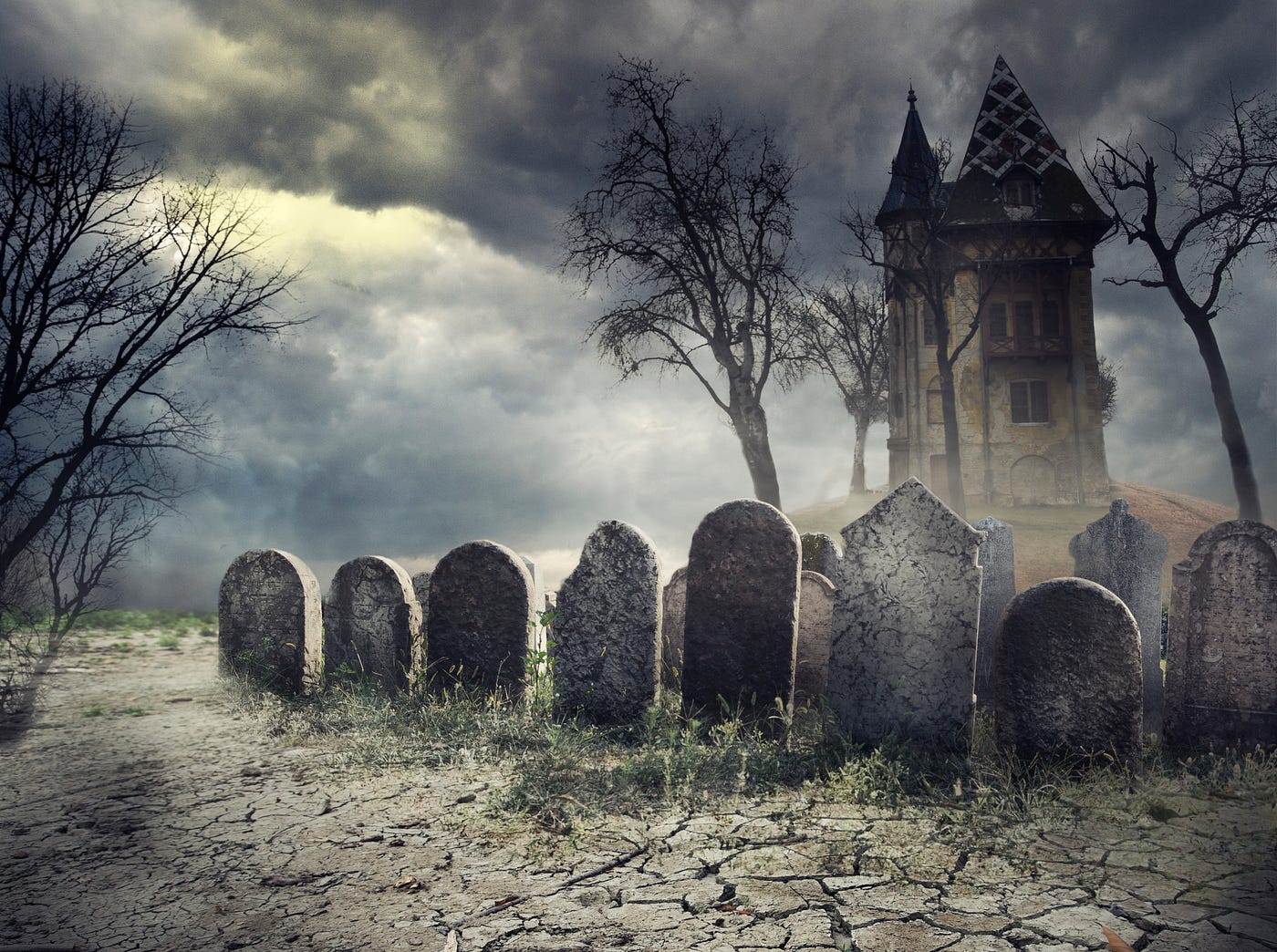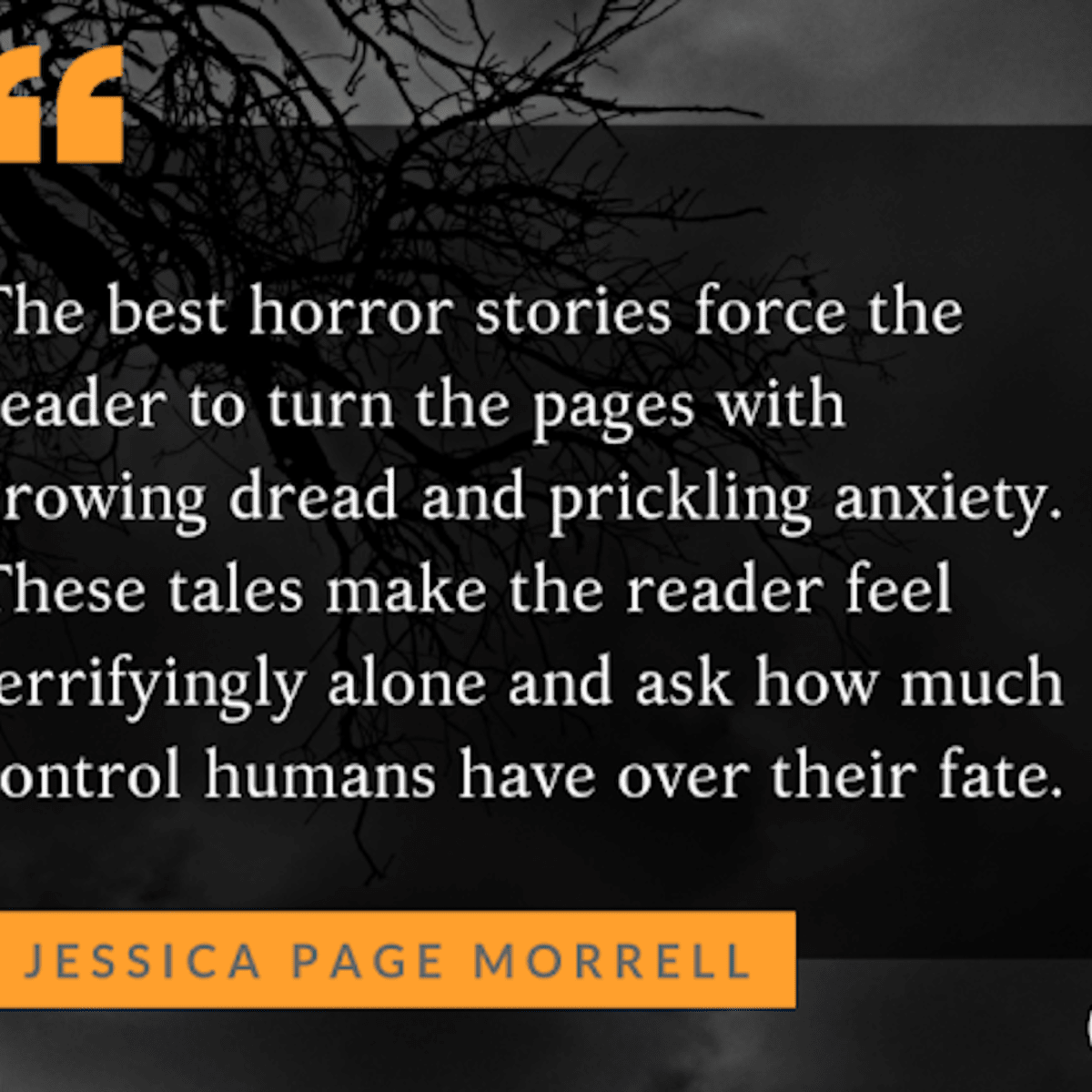Gothic literature is a genre that often deals with themes of death, decay, and the supernatural. It originated in the late 18th century in Europe and has since evolved to encompass a wide range of artistic expressions, including literature, film, and music. To write a good gothic story, it is important to understand the elements that define this genre and to use them effectively in your own writing.
One of the key elements of a gothic story is a sense of atmosphere and setting. Gothic literature is often set in dark, gloomy, and mysterious locations, such as old castles, abandoned mansions, or misty forests. The setting should contribute to the overall mood and tone of the story, creating a sense of foreboding or unease in the reader.
Another important element of a gothic story is the use of supernatural or supernatural elements. This can include ghosts, monsters, or otherworldly beings that either haunt or interact with the characters in the story. These elements should be used sparingly and with purpose, adding to the sense of mystery and danger in the story.
Characterization is also crucial in a gothic story. The characters should be complex and multi-dimensional, with their own flaws, desires, and motivations. The protagonist should be someone who is relatable and sympathetic, even as they struggle with their own inner demons or face external threats. The antagonist should be equally well-developed, with their own twisted goals and motivations.
The plot of a gothic story should be compelling and filled with twists and turns. It should have a clear beginning, middle, and end, with rising action and a satisfying resolution. The use of suspense and tension is also important, as it keeps the reader engaged and on the edge of their seat.
Finally, language and style are important considerations in a gothic story. The use of descriptive language can help to create a vivid and immersive atmosphere, while a dark and moody tone can add to the overall feeling of the story. Using literary devices such as imagery and symbolism can also enhance the impact of your writing.
In conclusion, writing a good gothic story requires a careful balance of atmosphere, supernatural elements, well-developed characters, a compelling plot, and effective language and style. By incorporating these elements in your writing, you can create a gothic tale that is both haunting and memorable.







